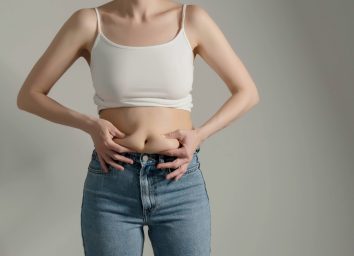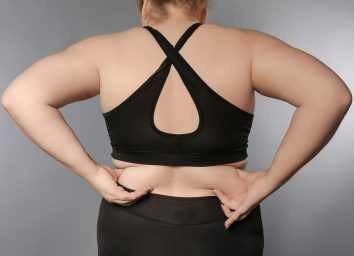28 Things Dietitians Want You to Know Before Losing Weight
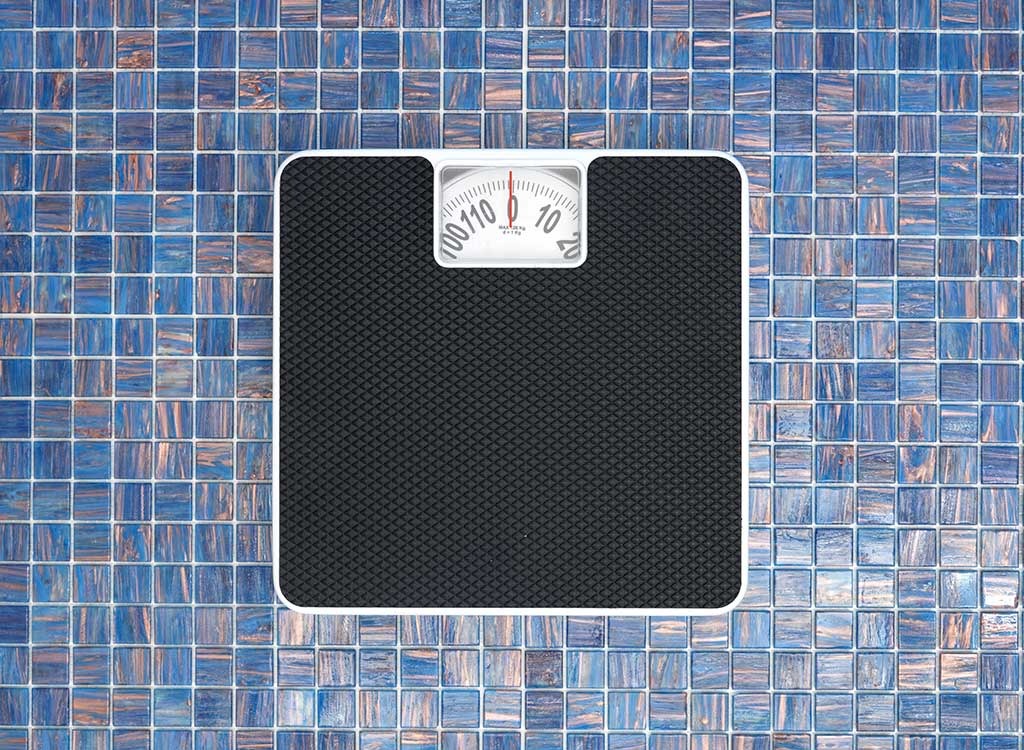
No matter how much you educate yourself, how many hours you log in the gym, and how much you meal prep, losing weight is tough. Even if you’ve found weight-loss success in the past, it’s totally normal to hit a plateau. But don’t be discouraged. You may need a little help from the pros when it comes to sticking to a healthy weight-loss diet plan.
That’s why we’ve consulted some top dietitians and nutritionists to reveal their top tips for losing weight and keeping it off. If you feel stuck in your diet or aren’t sure what the next steps to take are, take it from these experts who help clients every day with the same struggles.
Weight loss is a journey.
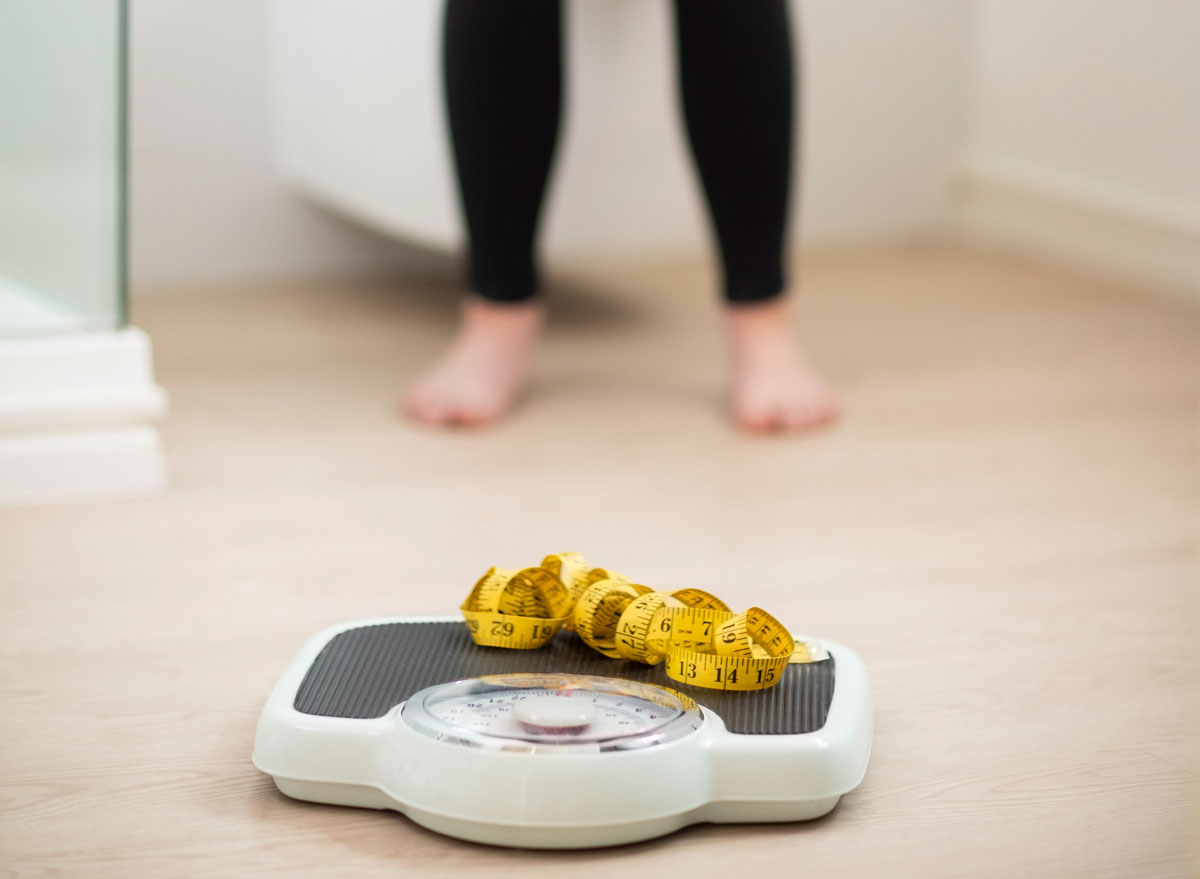
“Most people live their lives trying to meet specific health goals and get down on themselves when they hit a roadblock or experience a setback, often throwing in the towel altogether. I wish everyone knew that achieving health and wellness is a journey, not a destination. Roadblocks and setbacks are part of the process and should be used as learning experiences, not excuses to give up.” —Kara Lydon, RD, LDN, RYT, author of Nourish Your Namaste
All sugars aren’t created equal.
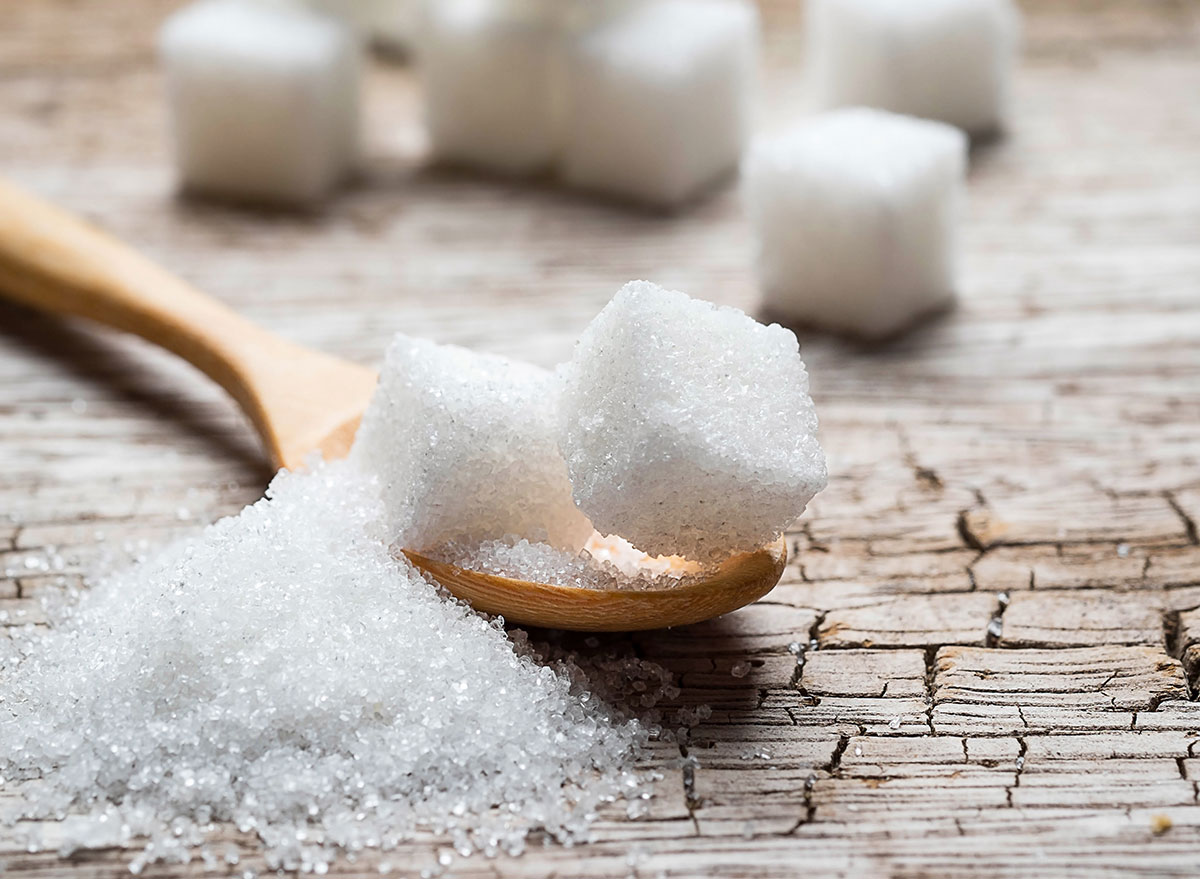
“All sugar isn’t created equal. Sugar is sugar, yes, but some sugars are worse than others. Sugars you get from fruits are more natural and also come packed with important things like vitamins, minerals, and nutrients. Added sugars like high fructose corn syrup and table sugar are the ones to skip, along with artificial sweeteners.” —Isabel Smith, MS, RD, CDN, registered dietitian and founder of Isabel Smith Nutrition
To learn more about the difference between honey, monk fruit extract, Splenda, and other sources of the sweet stuff, don’t miss our exclusive report, Every Popular Added Sweetener—Ranked!!
Gluten-free doesn’t equal healthy.
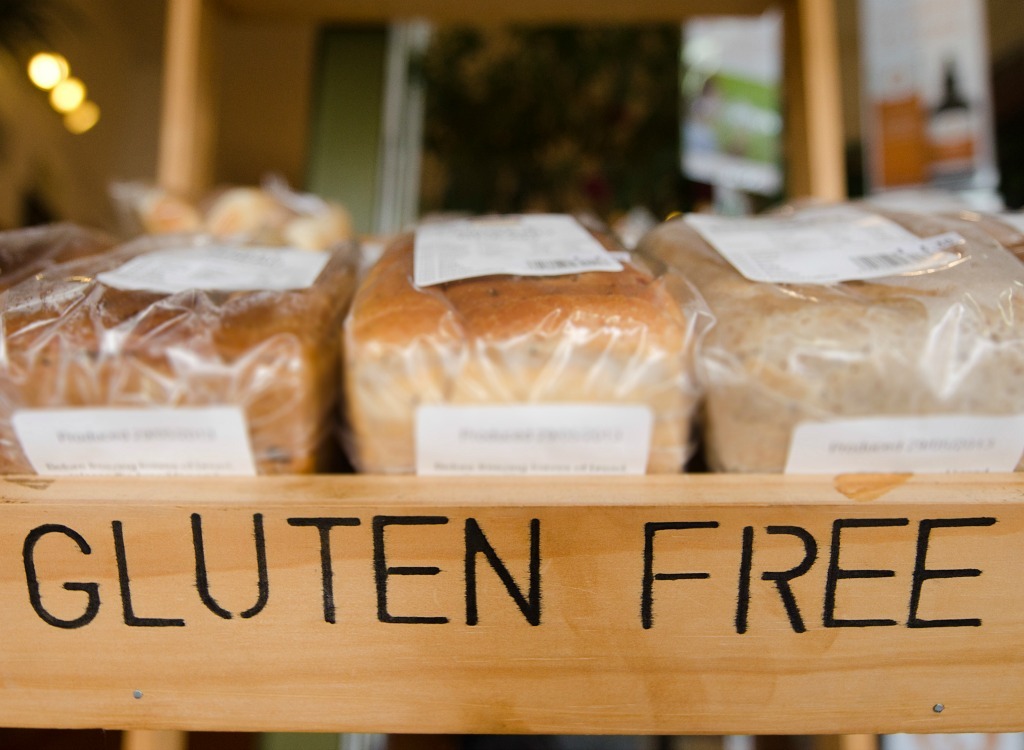
“I wish people knew that gluten-free foods aren’t all automatically healthy. People often lose weight and feel better on a gluten-free diet, but it’s usually not because of lack of gluten. It’s because they’re paying attention to their food choices and eating more real foods and less simple carbs. Gluten-free labeled packaged foods actually tend to have more calories and extra fat or sugar for added flavor.” —Torey Armul, MS, RD, CSSD, LDN, spokesperson for the Academy of Nutrition and Dietetics
There are no “bad” foods.
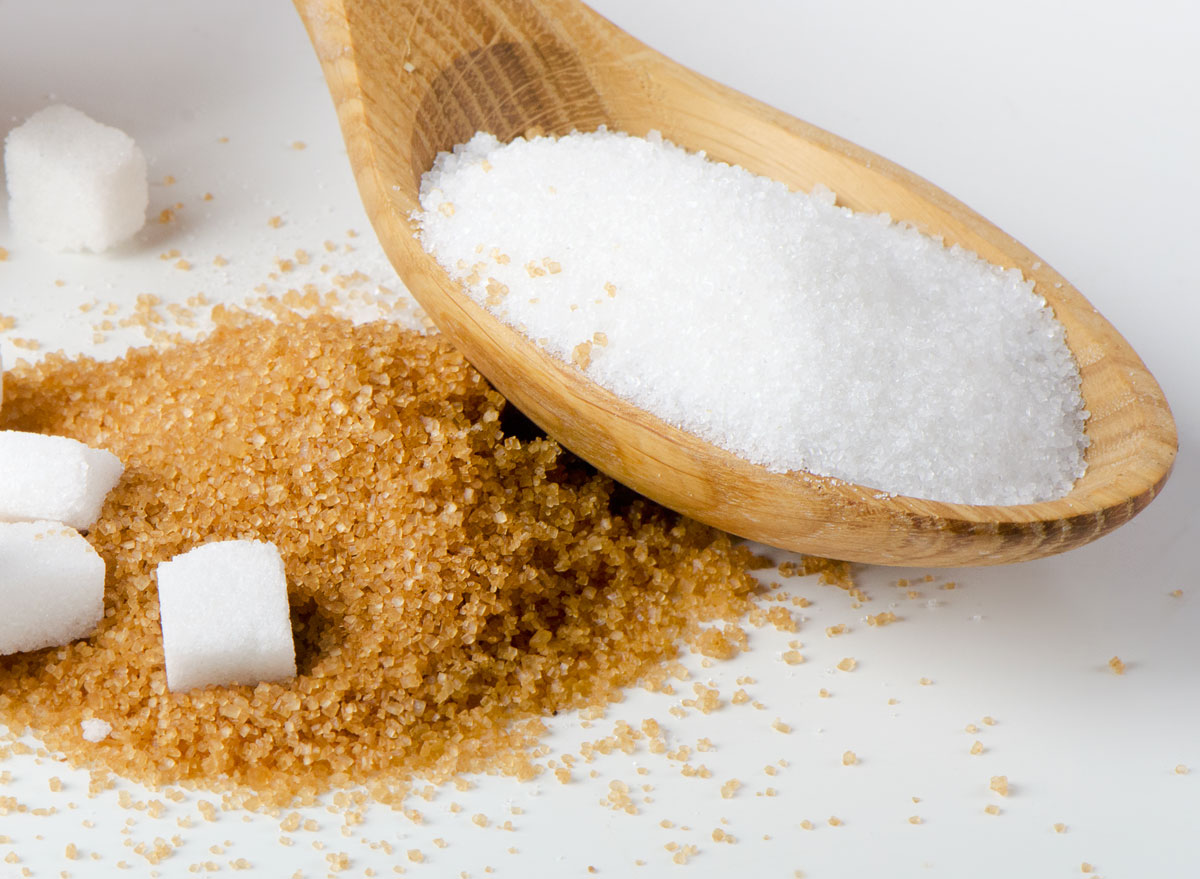
“I wish people knew that there isn’t one bad food or one bad nutrient. First, fat was blamed for our country’s obesity epidemic, then it was carbs, now it’s sugar. We need to shift our focus to eating real, whole foods like fruits, vegetables, lean proteins, and whole grains—foods that have a ton of nutritional value and taste delicious—instead of fearing entire food groups and creating an unhealthy ‘good’ versus ‘bad’ relationship with food. All foods can fit into a healthy diet.” —Kristen Carlucci Haase RD-N
You can’t outrun a bad diet.

“Many people think that they can eat whatever they want as long as they work out. But the truth is, if you are looking to lose or maintain your weight, what you put in your body is significantly more important than hitting the gym. Exercise is important to keep your body healthy, but just because you work out for an hour or more per day, it doesn’t give you the liberty to eat whatever you want!” —Ilyse Schapiro, MS, RDN, Co-Author of Should I Scoop out My Bagel
You can’t be addicted to carbs.
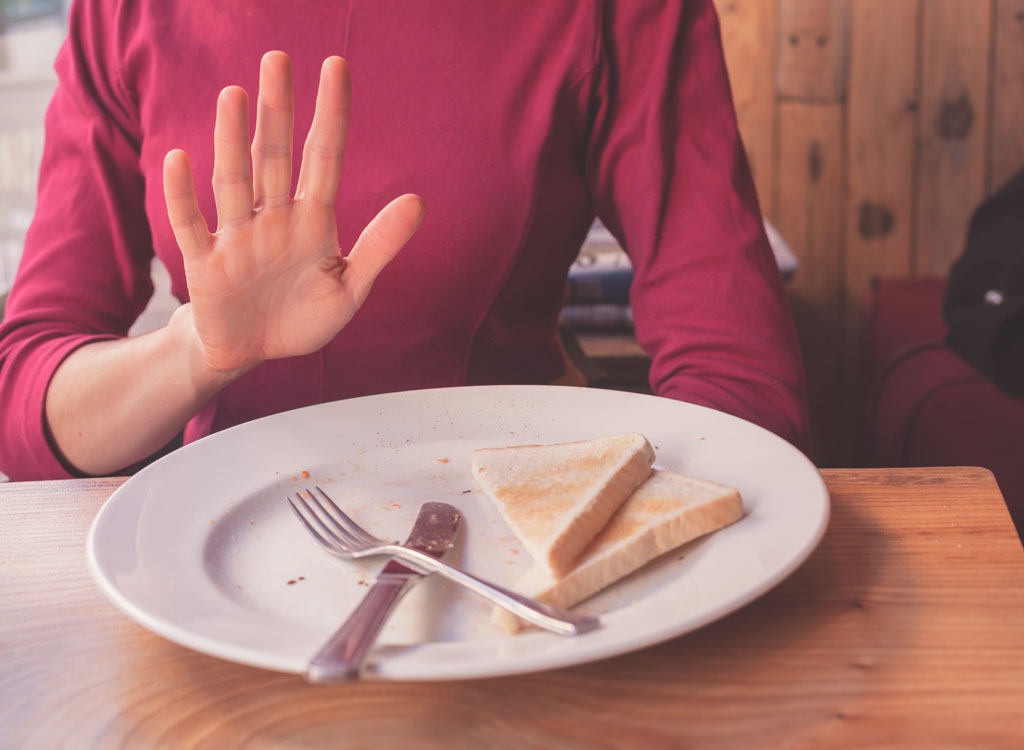
“A pet peeve of mine is hearing about how certain people are ‘addicted to carbs.’ I would love to scream across America that carbs are not, in fact, an addictive substance. By telling yourself that they are, you are not taking responsibility for yourself in terms of your food choices. You’re also creating a story about food that is untrue.” —Kristin Reisinger, MS, RD, CSSD, and founder and owner of IronPlate Studios
Wine is only healthy in moderation.
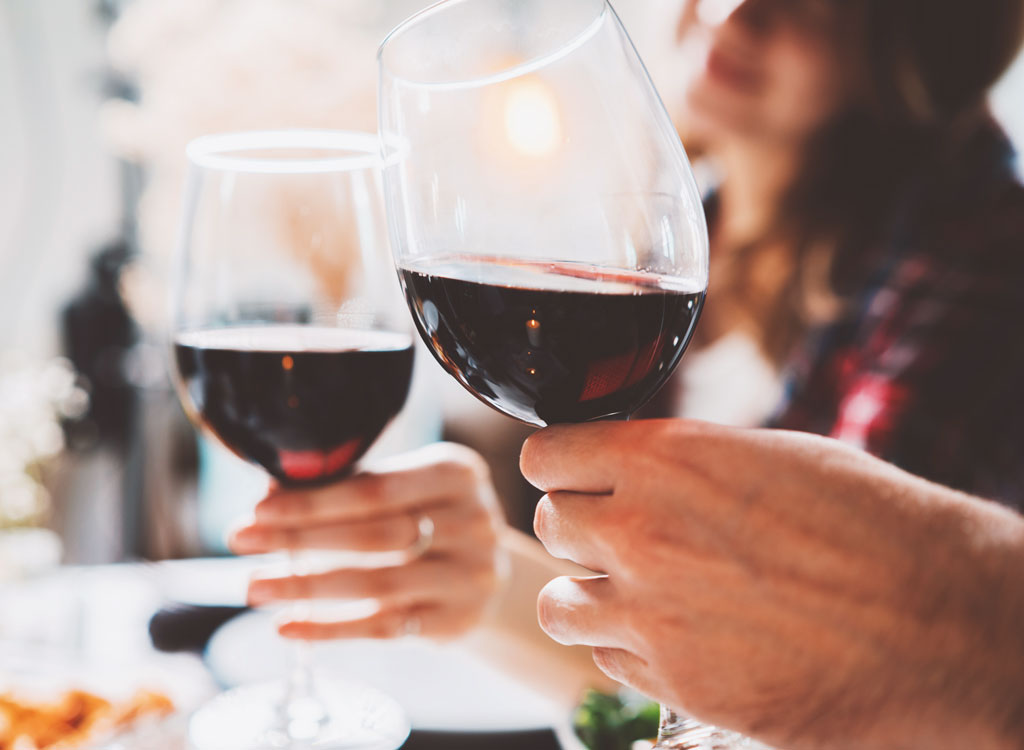
“Yes, wine is good for you, but only in moderation. That’s one 5-ounce glass of wine a day for women, two for men. Restaurants and bars commonly pour glasses that surpass that amount, so if you indulge in two or more glasses, you’re likely going to drink more than half a bottle. Most people don’t know—or don’t want to know—that wine and other alcoholic drinks are associated with breast cancer incidence. But it’s a truth that shouldn’t be ignored.” —Christine M. Palumbo, MBA, RDN, FAND
Carbohydrates aren’t all bad.
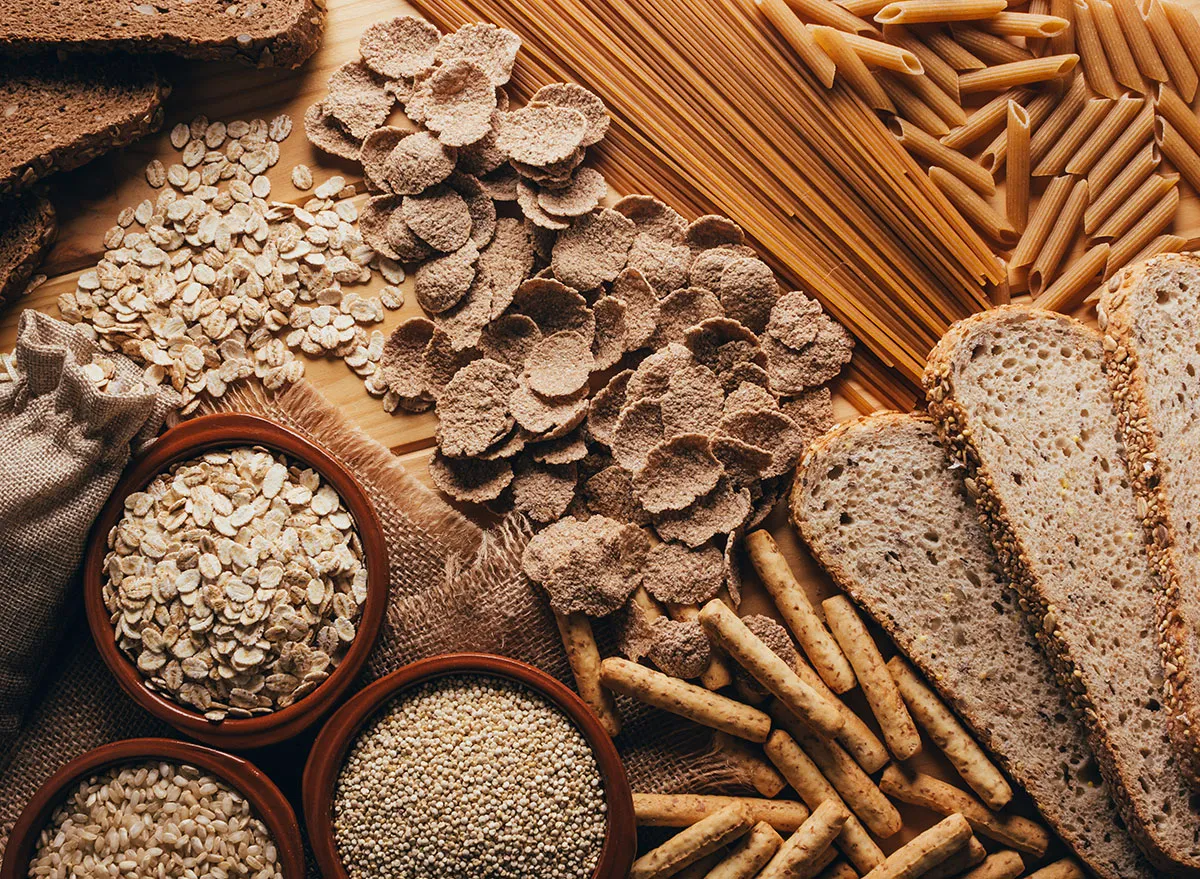
“I wish people knew that carbohydrates aren’t bad. It’s the type of carbs that count. Opt for complex carbohydrates with fiber, like fruits, veggies, and whole grains, and limit simple carbs, like table sugar, baked goods, candy, and white grains and breads.” —Torey Armul, MS, RD, CSSD, LDN, spokesperson for the Academy of Nutrition and Dietetics
You should do what works for you.

“I wish people knew that there is no one-size-fits-all diet that works for everyone. Individuals have different food preferences, dining habits, schedules, body types, past experiences, and obstacles. Stop falling for restrictive diet plans, America! Start by changing one simple habit and build from there.” —Stephanie Brookshier, RDN, ACSM-CPT
Nutrition panels don’t tell the whole story.
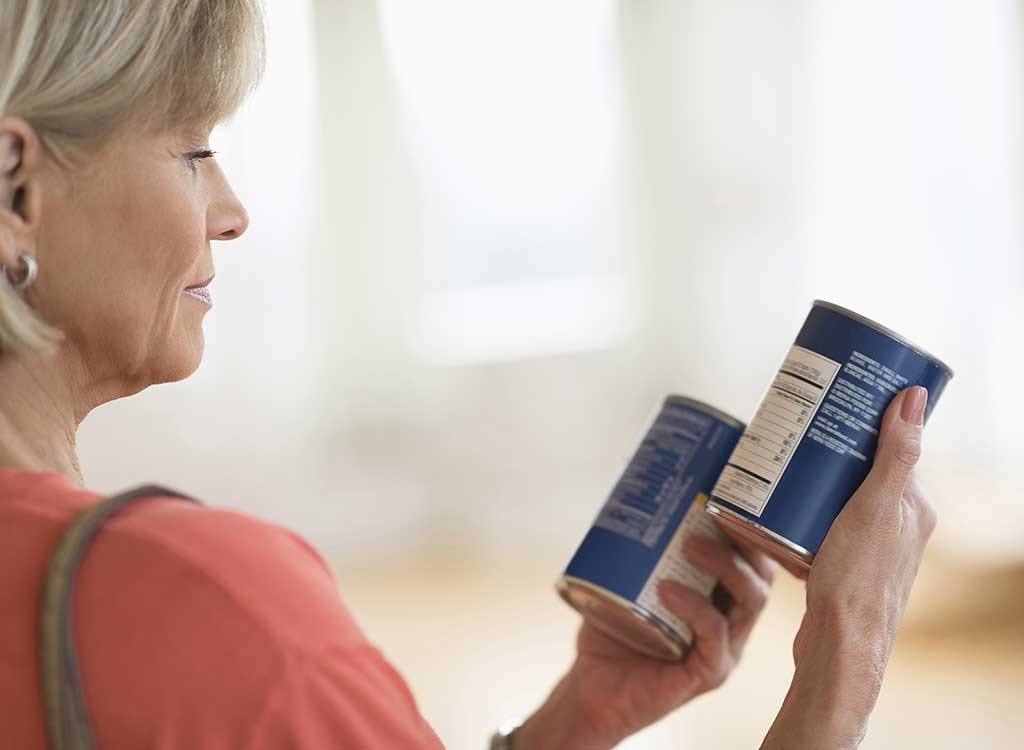
“The numbers on the nutrition panel aren’t the most important part of a food product. You need to look at the ingredient list, too. If there are ingredients you cannot pronounce or if you see anything you think may not be a natural ingredient, put the product back on the shelf.” —Isabel Smith, MS, RD, CDN, registered dietitian and founder of Isabel Smith Nutrition
Sleep matters.

“Contrary to the idea that most of us grew up with, sleep is not a waste of time. In fact, it’s a valuable use of your time and should be prioritized as part of your overall healthy lifestyle. Adequate amounts of quality sleep set the stage for good diet and exercise decisions during your waking hours.” —Christine M. Palumbo, MBA, RDN, FAND
You don’t need to obsess about portion sizes.
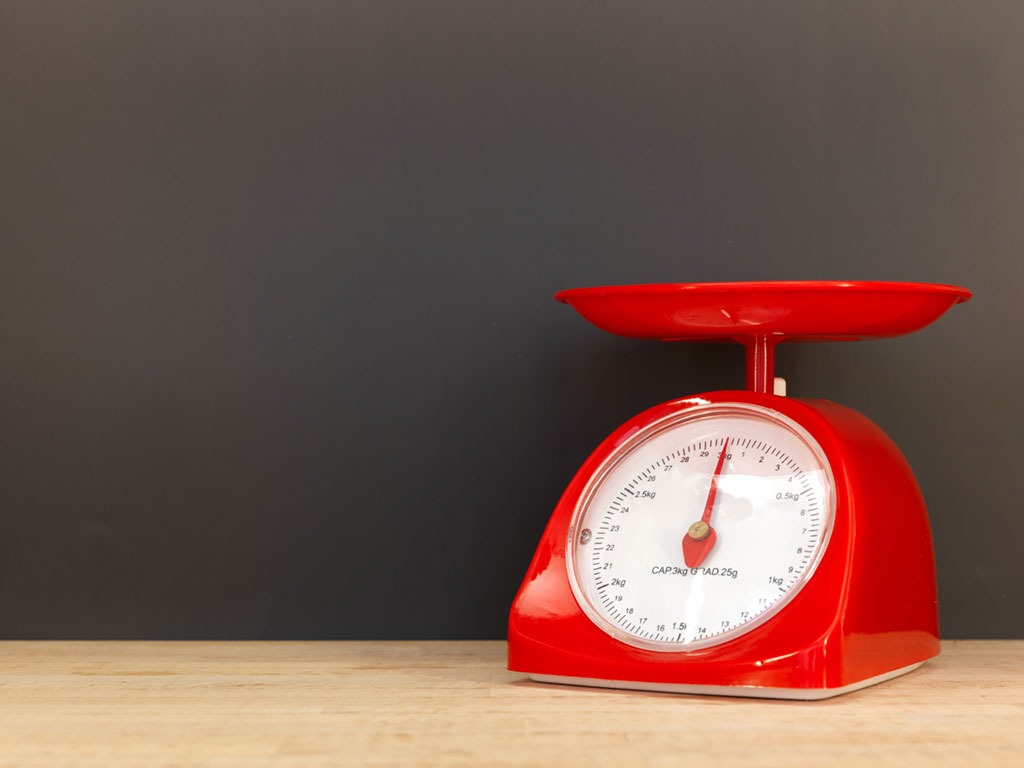
“Too many people are still obsessing over portion sizes and calories, which is totally old school! Instead, trust your body to tell you when to eat and when to stop. Is that doughnut in the break room calling your name because you’re actually hungry? Or are you using it to relieve boredom or stress? Think before you eat and stop before you feel full. Leaving food on your plate or saving it for later is not a crime!” —Stephanie Brookshier, RDN, ACSM-CPT
It’s OK to treat yourself.
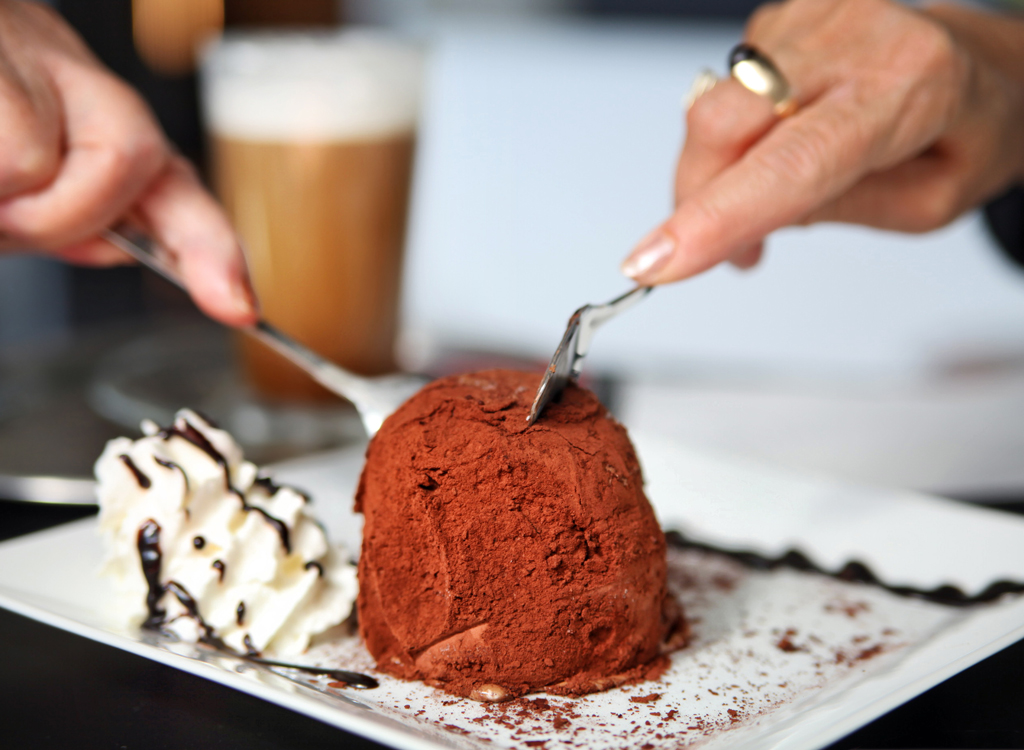
“It’s OK to treat yourself every day as long as you keep it to a small sampling. The healthiest sweet options would be a bowl of fruit, frozen grapes, Greek yogurt with berries, or an apple with peanut butter. However, there are times when those types of things just won’t cut it. On those nights, try to keep the treat to 150 calories, which is equivalent to two to three squares of dark chocolate, a couple of small cookies, or an individual chocolate pudding. You could also choose a few spoonfuls of ice cream or sorbet, a baked apple, a popsicle, or even a small brownie. Since you know you can treat yourself to another few bites tomorrow, sticking to a small serving should be doable.” —Ilyse Schapiro, MS, RDN, Co-Author of Should I Scoop out My Bagel
Fad diets aren’t the answer.
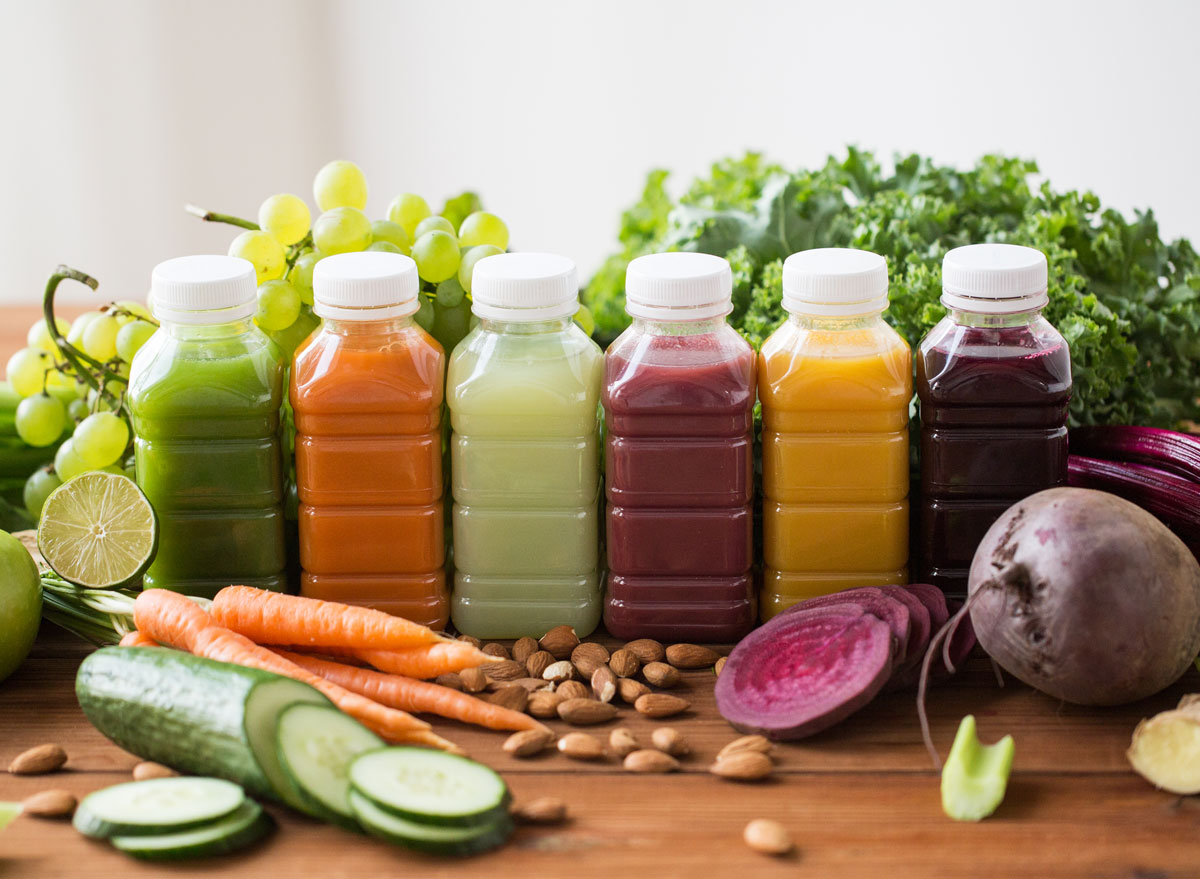
“Fad diets and meal replacement shakes are not the answer to sustainable weight loss or better health. Sure, you can do something drastic to lose 20 pounds in a month, but chances are these actions aren’t sustainable. If you want to lose the weight and keep it off for good, target a weight loss of one to two pounds per week so you can truly see permanent, long-lasting results! Would you rather reach your goal weight and stay there for a month—or for the next 40 years?” —Kristen Carlucci Haase RD-N
Almond milk is a dud.

“While there are all sorts of reasons people choose the milk that they use in their daily cereal or coffee, I wish people knew that almond milk is no nutritional match to cow’s milk. In addition to being a great source of calcium and potassium, a cup of cow’s milk has eight grams of protein, which is about the same as a whole egg. Almond milk has only 1.5 grams of protein and can have added sugar when people buy the flavored or sweetened versions. Protein is important for making us feel full and energized longer, and that’s key for being able to have a productive weekday morning.” —Libby Mills, MS, RDN, LDN, Spokesperson for the Academy of Nutrition and Dietetics
Meal prep is super important.
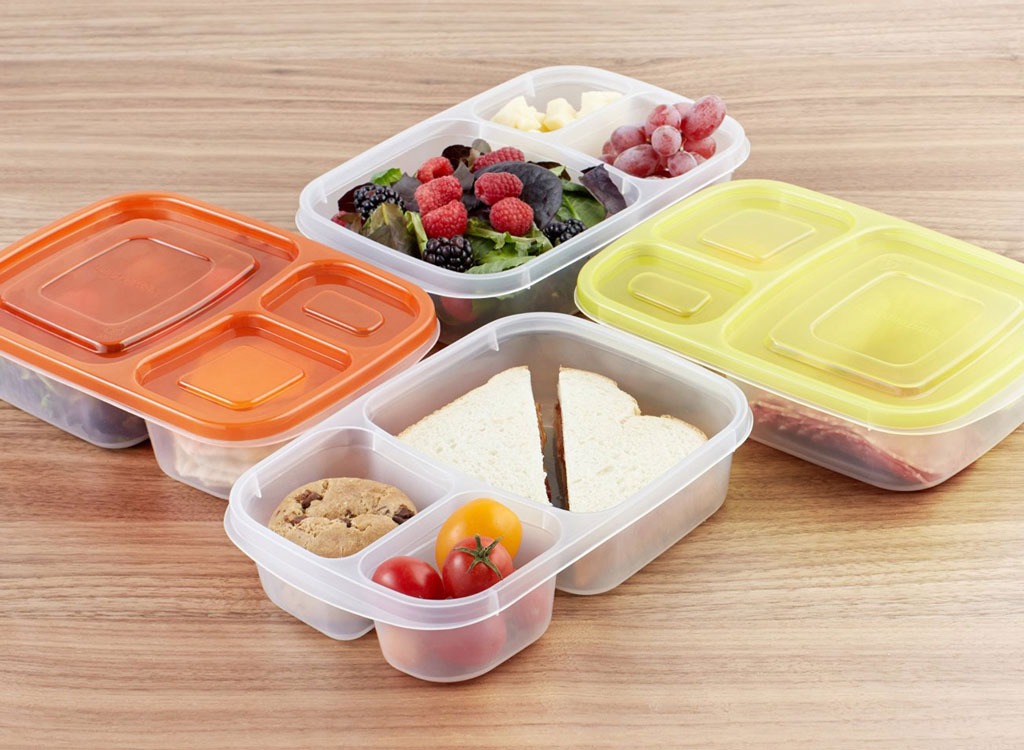
“Maintaining a healthy diet is easier when you plan. Taking some time to plan a menu for the week ahead and prep some food in advance so it’s already in the fridge will save you time during the week and help ensure you get healthy, balanced meals on the table.” —Jessica Fishman Levinson, MS, RDN, CDN, culinary nutrition expert, and healthy lifestyle blogger
Proper hydration is everything.

“Proper hydration is one of the most important things you can do for your brain, your waistline, and your energy levels. Our bodies are about 55 to 70 percent water and any reduced volume of water can affect our satiety. That means you may end up thinking you’re hungry when you’re actually thirsty. And remember: caffeine and alcohol can promote dehydration!” — Isabel Smith, MS, RD, CDN, registered dietitian and founder of Isabel Smith Nutrition
Slow and steady wins the race.

“People who wish to lose weight usually want to do so very quickly; as in, a few weeks. When I ask them how long it took them to put the weight on, they invariably state it took years and often decades. Just as excess weight tends to creep up, it is best taken off gradually. People who lose weight slowly are more apt to keep it off in the long run.” —Christine M. Palumbo, MBA, RDN, FAND
De-stressing is a must.

“Stress can be a huge factor in an unhealthy lifestyle. It can cause people to overeat, undereat, skip meals, make poor food choices, and much more. Reduce stress by focusing on things that aren’t food- or alcohol-related, like exercise. Also, remember to eat consistent meals and snacks so when you are stressed out, you aren’t reaching for food as a source of comfort.” —Sarah Koszyk, MA, RDN, founder of Family. Food. Fiesta.
Skipping meals doesn’t help.
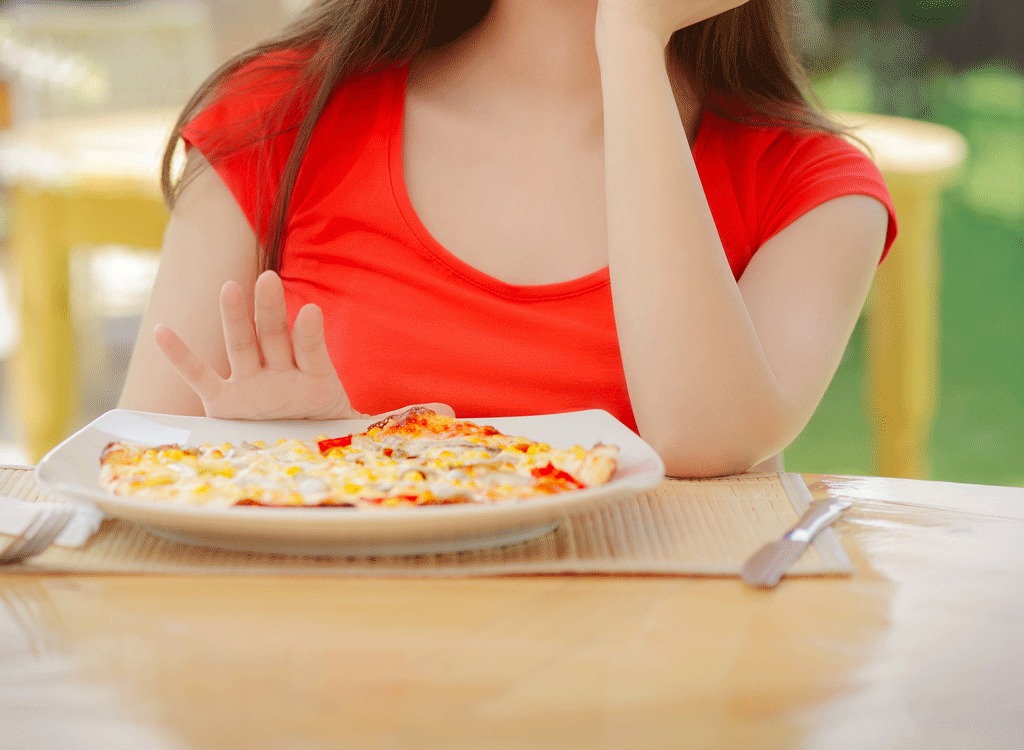
“When weight loss is the goal, skipping meals is never the answer. Eating every three to four hours is key because it keeps your energy levels stable. And for those who workout, eating every few hours also helps maintain lean body mass and ensures that adequate caloric and protein needs are met. Also, when one skips a meal, they’re more likely to overeat at the next meal, making it difficult to meet health goals.” —Yasi Ansari, MS, RD, CSSD
There isn’t one right way to lose weight.
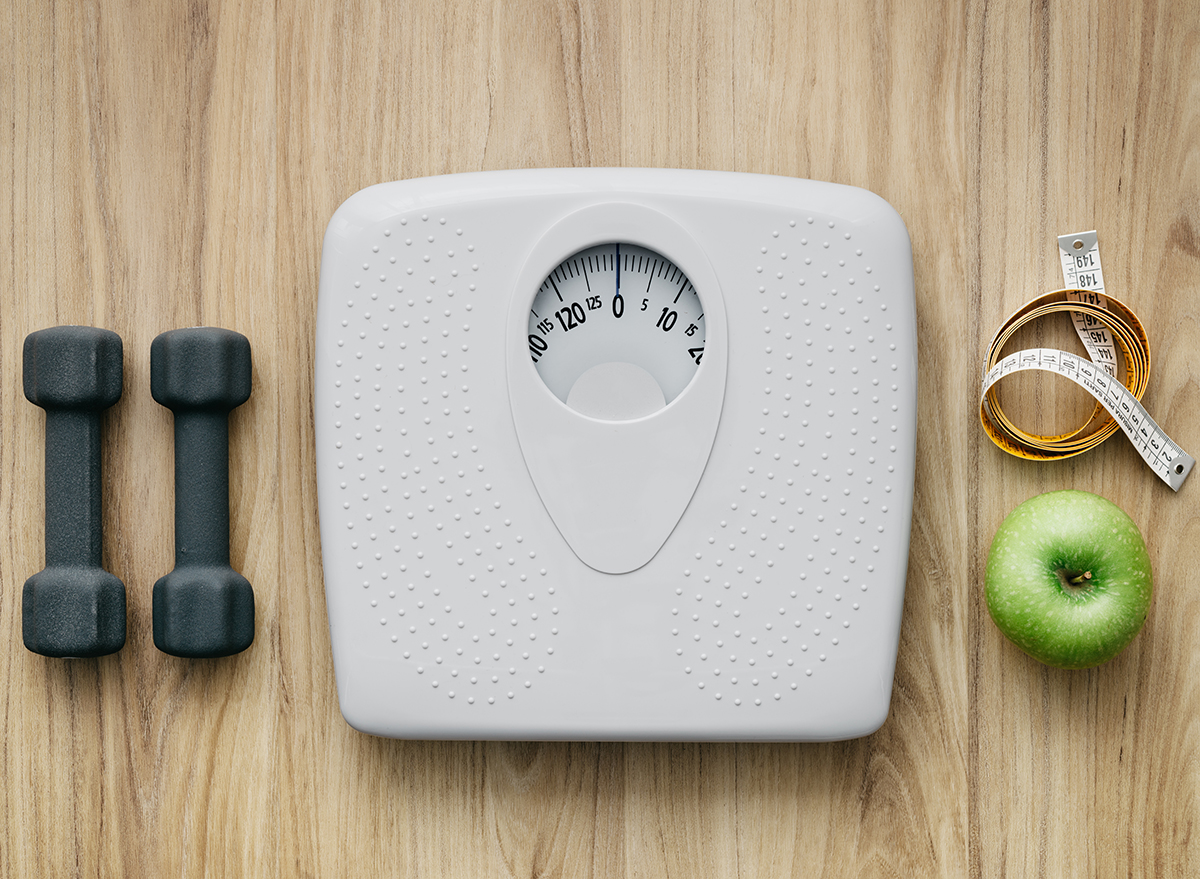
“Truth is, there is no single right way to lose weight. Successful ‘losers’ usually have tried a myriad of ways to lose weight, and eventually they find what does work and make it their lifestyle. Weight is lost by consuming fewer/burning more calories than the body needs. But, there’s nothing super sexy about that (nobody’s writing any books on that), despite the fact it works. What works for one does not necessarily work for everyone.” —Jennifer Neily, MS, RDN, LD, FAND, Neily on Nutrition
Yes, you can eat after 8 p.m.

“While you’re likely less active as you reach evening time and your metabolism slows a bit, this doesn’t mean automatic weight gain after the clock strikes 8. Our bodies need a certain amount of fuel (calories via food) each day. Give it too much, and you gain weight. Too little, and weight loss results. This is true no matter what time of day (or night) it is. That said, there are some people that benefit from giving themselves an eating cut-off time. If you tend to mindlessly snack on large portions while watching TV after dinner or you find yourself stress-eating at night, giving yourself a rough nighttime eating cut-off time can help.” —Willow Jarosh MS, RD, co-owner of C&J Nutrition and co-author of The Healthy, Happy Pregnancy Cookbook
Juicing isn’t necessary.
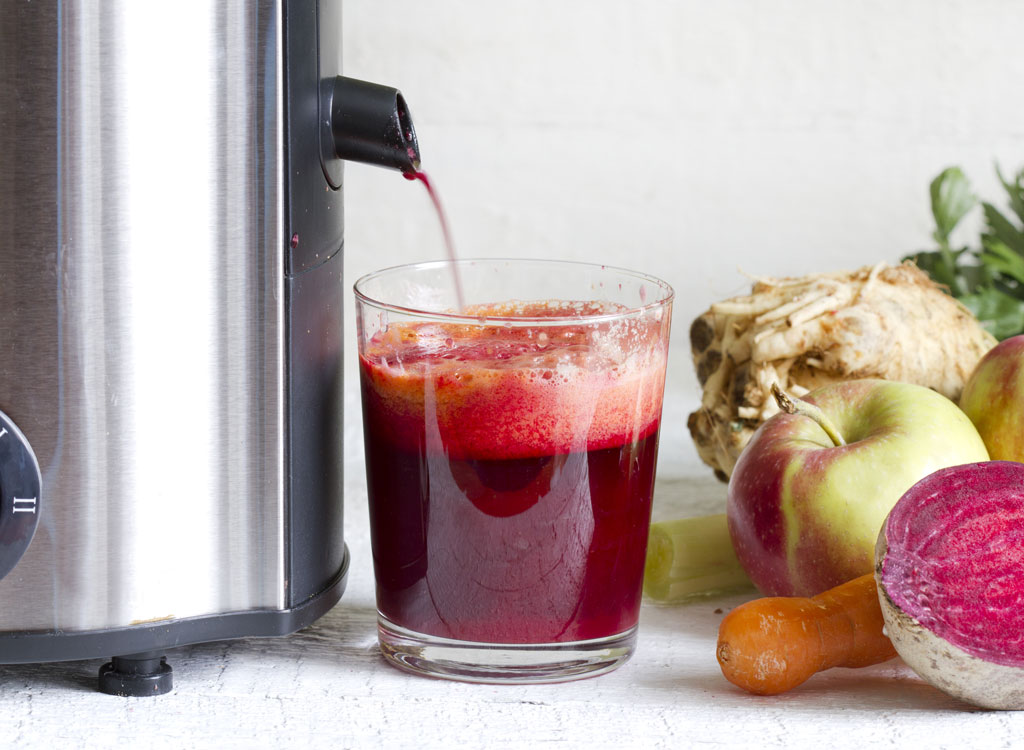
“If you love the flavor of juices that primarily contain vegetables, then including juice as part of your daily routine (or getting a juice occasionally) isn’t a bad way to get a boost of nutrients. However, if you typically hit the mostly fruit juices, consider that 4-6 ounces of fruit juice is calorically equivalent to a large piece of fruit but not as satisfying because you’re not chewing or getting any fiber. In addition, because the fiber is removed from juice, we wouldn’t recommend that you replace your daily veggie servings with veggie-rich juice, but rather use the juice as a supplement to provide a boost of nutrients and fun flavor.” —Stephanie Clarke MS, RD, co-owner of C&J Nutrition and co-author of The Healthy, Happy Pregnancy Cookbook
Start out by making small changes to your lifestyle.

“We always say our nutrition plan has to fit your lifestyle; we know you’re not going to change your life to fit a food plan (plus, it won’t stick!). Start with the basics: Get your hydration, meal timing and sleep on point, and then focus on what you’re adding in versus what you’re taking out. Also, and probably hardest, separate yourself from your computer, phone, and television while eating and take a real meal break, even at the office. Mindfulness for just 10 minutes works wonders in knowing when you’re full.” —Carolyn Brown, MS RD, Foodtrainers
The power of vegetables is real, and you should always eat them first when you’re having a meal.
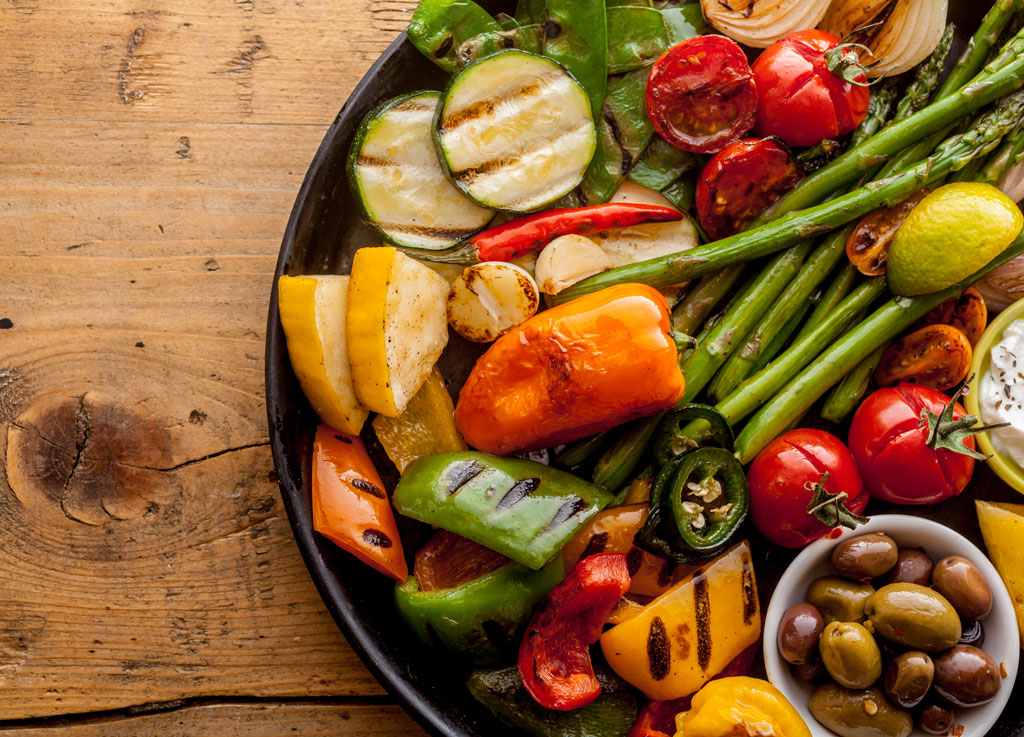
“Eat your veggies first. Sounds so simple, but vegetables fill you up, not out. I find that when people focus on eating more vegetables, they naturally eat less of the more caloric foods and are able to lose weight easier. Not to mention, they enjoy an incredible nutrition boost.” —Marisa Moore, MBA. RDN. LD., Marisa Moore Nutrition
You should always try to eat breakfast.
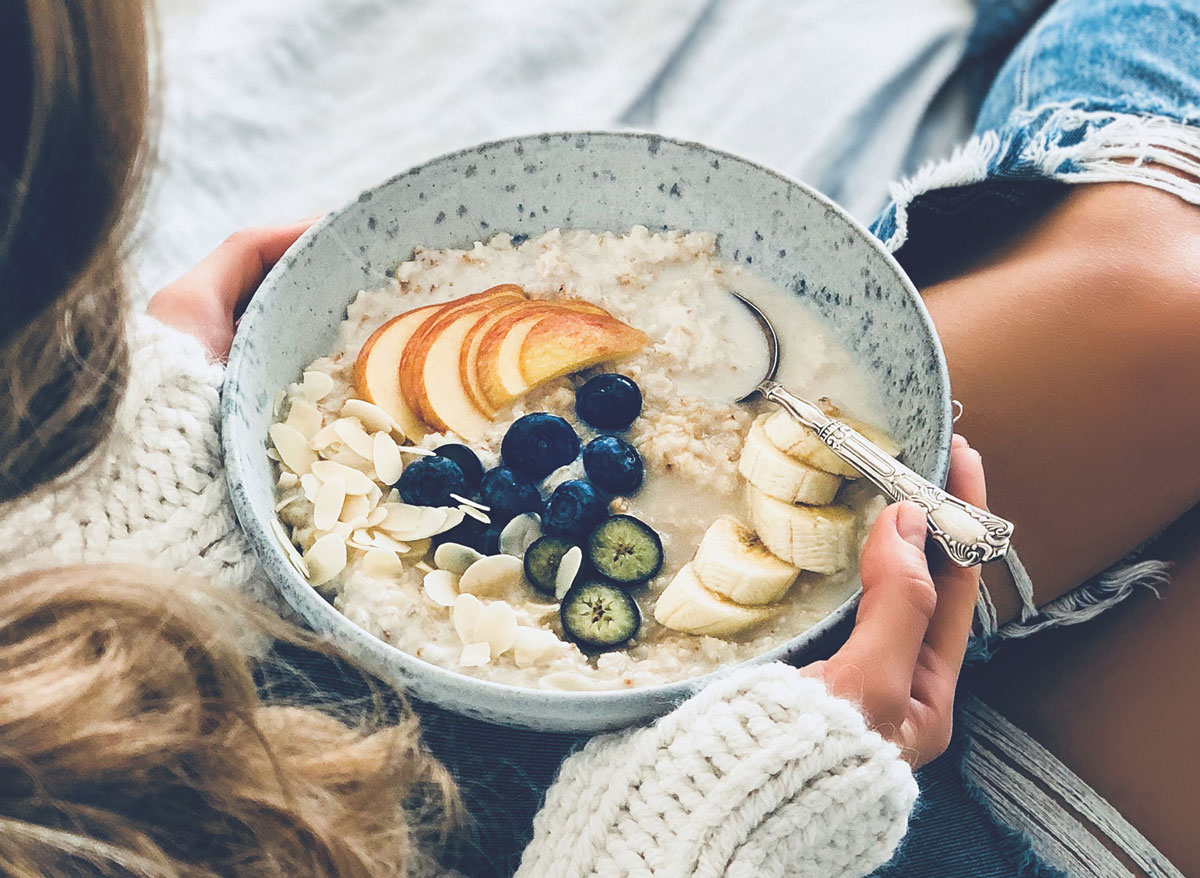
“Skipping breakfast will not make you fat. However, if skipping breakfast leads to eating a larger meal, then it will. Patients who are not fans of breakfast often skip over this meal and “back end” calories to the end of the day. I ask those patients to take notice of this—try eating breakfast one day and then the next skip it if your dinner on the days that you skip breakfast turns out to be larger, then you may actually benefit from having this morning meal.” —Leah Kaufman, MS, RD, CDN
You can still eat snacks—you just have to make smarter choices.

“Your total snack should be less than 200 calories and have a combination of fiber, healthy fat, and protein, such as KIND Nuts & Spices Bar, Mini Babybel cheese and piece of fruit, or 100% whole grain WASA crisp bread with one tablespoon of almond butter.” —Keri Gans, RDN, author of The Small Change Diet
You can still have a late-night snack, too.
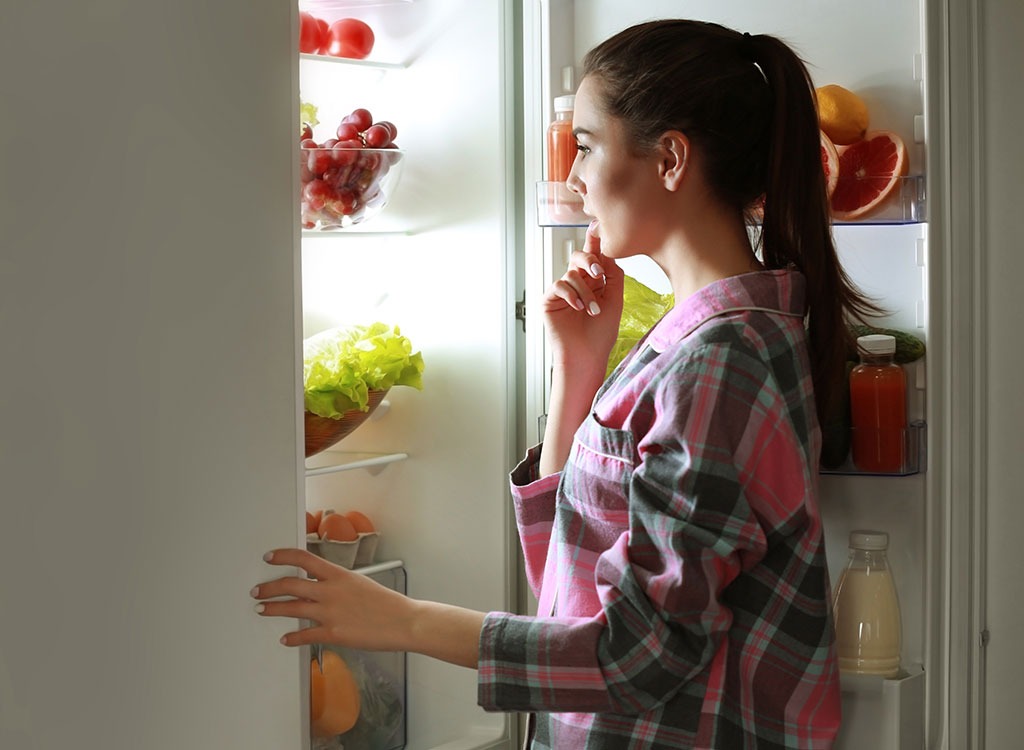
“It’s always important to listen to your body, and as long as your late night snack isn’t putting you over your daily calorie goals, it won’t promote weight gain any more than eating at other times of the day. Pay attention to your hunger-cues (stomach pains, shakiness, lightheadedness, or irritability) and make sure you are eating because you are actually hungry and not bored or stressed out. Great late night snack options are small amounts of foods high in protein and/or fiber. Great options include nuts (a handful of almonds, walnuts, or cashews), Greek yogurt or coconut milk yogurt with berries, and Chia seed pudding made with coconut milk.” —Lori Zanini, RD, CDE, National Media Spokesperson, Academy of Nutrition & Dietetics
